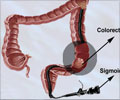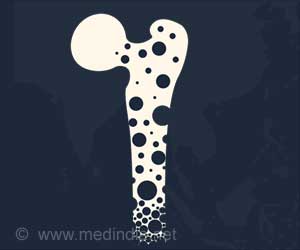Some preparation by the patient is necessary for colonoscopy.

Recently, the Mayo Clinic in Florida developed a two-hour course designed to increase a doctor's ADR rate in order to reduce development of colorectal cancer.
They found the short course made a big difference in even experienced endocopsists, the physicians who perform colonoscopies.
"Numerous studies have shown that increased detection and removal of potentially precancerous polyps lowers the incidence of colorectal cancer," says
A team of Mayo physicians and researchers led by Dr. Wallace, has long been working to help endoscopists better detect polyps. Their findings are published in the Jan. 8 online issue of the American Journal of Gastroenterology.
Dr. Wallace and his team developed a two-hour training course that describes polyps that can be difficult to see, such as flat lesions, but are often the most dangerous.
Advertisement
Then, seven endoscopists were randomly chosen to take the course, and detection rate was then measured in all of the endoscopists - those who took the course and the eight who didn't. Over the course of the study, these physicians performed 2,400 colonoscopies.
Advertisement
"This relatively simple education program substantially increased the proficiency of physicians who are already skilled," Dr. Wallace says. "Many people in the field think it is hard to change an endoscopist's level of proficiency, but we show that is not the case."
Dr. Wallace is now seeking to test the benefit of the short training course in a wider range of non-academic, community-based physicians - the doctors who perform most colonoscopies.
The study was funded by Mayo Clinic.
Source-Newswise









